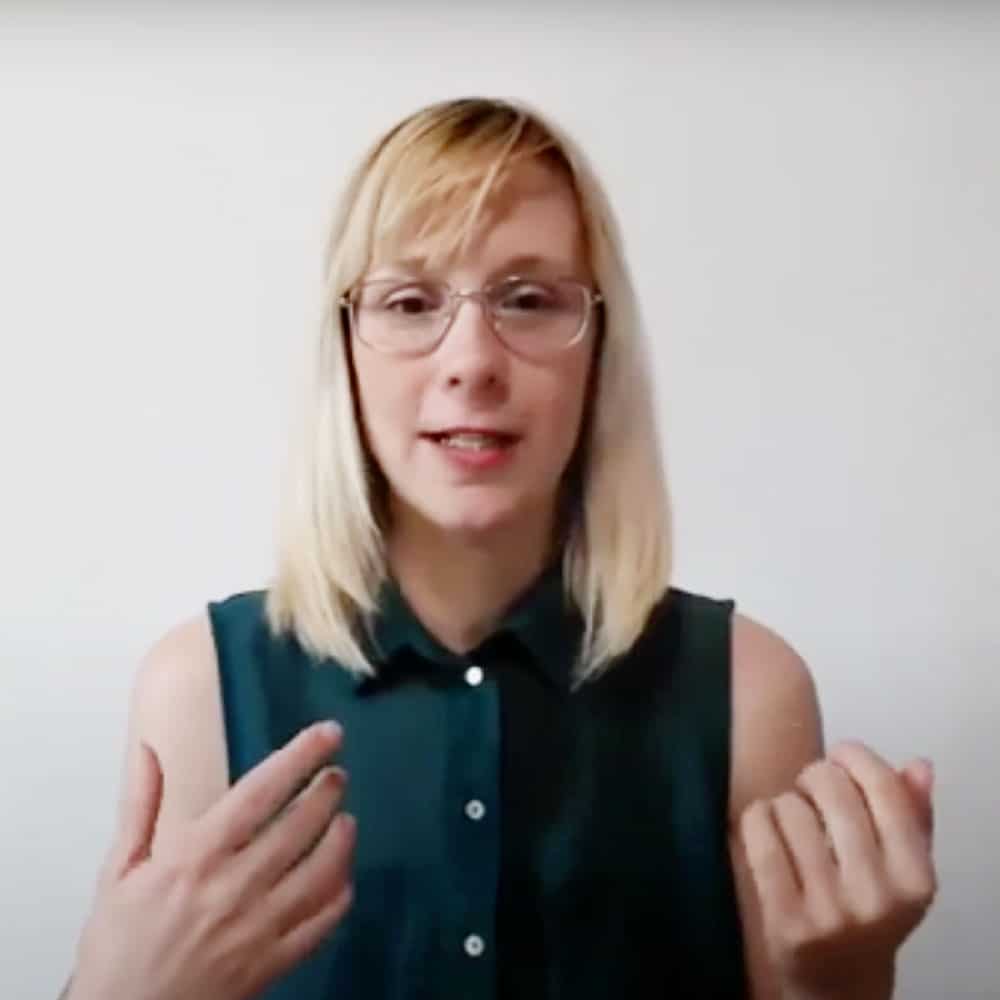
How to Become a True Full-Stack Engineer: Developing Your Mental Resilience
As a developer or engineer, you’re no stranger to the pressure and stress that come with the job. Tight deadlines, demanding clients, and complex projects can all take a toll on your mental and physical well-being. As a developer and founder of an IT agency, I discovered the consequences the hard way. After I got better, I changed my focus to helping other DevOps in the IT field with a mental fitness approach that I could relate to.
Let me help you, cutting through the psychological fog and offering modalities and hacks I discovered and used in the last seven years to get my own life back on track. So that you can face challenges with confidence and ease, I’ll write a new article every week to help us find ways to build mental toughness and resilience together.
To become a successful full-stack developer or all-round engineer, technical skills alone are not enough. You also need to develop mental hacks to become a resilient engineer. In my opinion, building resilience is just as important as technical expertise, if not more so.
So join the journey, follow me on LinkedIn, and let’s build some mental muscles together!
Let’s first debunk some misconceptions about resilience.
There are some common misconceptions about resilience that can hold us back from developing this important skill. For example, some people believe that resilience means being able to handle everything on our own without asking for help. However, this is not true! Resilience is about building a support system of colleagues, friends, and family who can help us through challenging times.
Another misconception is that resilience means being tough and never feeling stressed or overwhelmed. Nope, wrong again, because this is unrealistic. We will all face difficult situations and feel stressed at times. Resilience means learning how to deal with stress and get back on your feet after a setback. It doesn’t mean avoiding setbacks altogether.
Join our Action-Packed 7-day Resilient Leader Challenge!
Each day presents a unique dare to stop, slow down, notice, feel, and connect. Hit the link 👇 to learn more.
Finally, some people think that resilience is something you’re either born with or not. However, resilience is a skill that can be developed through practice and training. We can all become more resilient engineers by adding mindfulness techniques, self-care habits, and growth mindset strategies to our daily lives.
What is mental resilience?
Mental resilience is the practice of cultivating a calm and focused mindset, even when faced with adversity. It involves building mental toughness, emotional intelligence, and stress management skills—so that we can adapt to change, overcome obstacles, and thrive in our work and personal lives.
Why do developers nowadays need mental resilience?
As a developer or engineer, you face unique problems that require you to pay close attention, concentrate, and solve problems quickly. You need to be able to handle complex projects, tight deadlines, and changing technologies with ease. This requires not only technical expertise but also mental and emotional resilience.
By practicing mental resilience, you can build the mental toughness and emotional intelligence needed to handle the demands of your job with ease. You can reduce stress and anxiety, improve your ability to concentrate and focus, and make your job and health better overall.
What are the first steps to start practicing mental resilience?
Practicing mental resilience is easier than you might think. This is often also where it goes wrong, because, funny enough, people like to believe more in complex tools than the simplicity of methods like mindfulness. In my next articles, I will for sure go deeper into mindfulness, debunk some myths, and share my personal experiences with the practice, like how I meditated for 10 days in silence with monks in Thailand.
For today, I’d like to start by sharing a few simple concepts to get you started:
- Try a short mindfulness meditation. By practicing mindfulness meditation, you can build mental and emotional resilience by training your mind to focus on the present moment and observe your thoughts and feelings without judgment.
- Take mindful breaks throughout the day. Taking breaks throughout the day can help you recharge your mind and body, reduce stress and burnout, and improve your overall job performance.
- Cultivate a growth mindset. By adopting a growth mindset, you can view challenges and setbacks as opportunities for learning and growth rather than obstacles to overcome.
- Practice self-care. Taking care of your physical and mental well-being is essential for building resilience. Make time for exercise, healthy eating, and restorative activities like yoga or mindfulness.
I hear you think, André is that all… To be honest, NO… this is just the tip of the iceberg.
The same as growing muscles in the gym, it tasks time and practice to develop your mental strength. That’s why I will publish a weekly article here on Loop to provide you with all you need to develop the mental and emotional strength to thrive as a developer or engineer.
Like to check your Mental Fitness, do the test: https://bujooeducation.com/test-your-mental-fitness/
Stay Connected & Level Up Your Leadership with Bujoo!
Craving for more wisdom on leadership and team building? Sign up for our newsletter now and enjoy weekly nuggets, invigorating exercises, enlightening podcasts, and inspiring stories — your toolkit for becoming a better leader awaits.


























